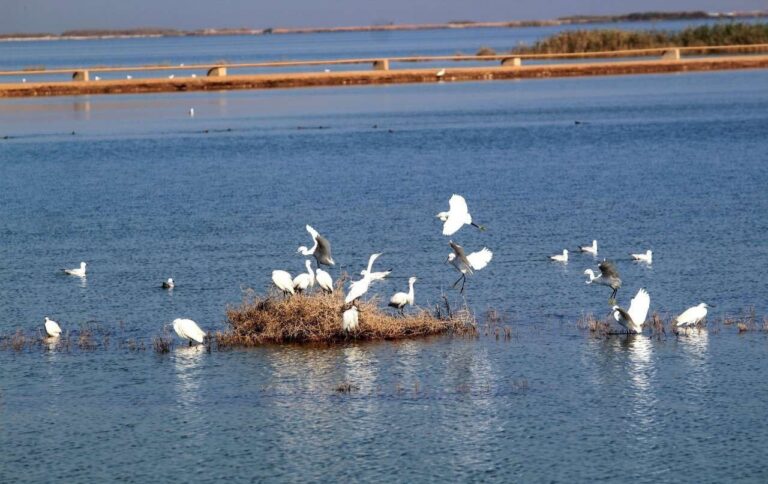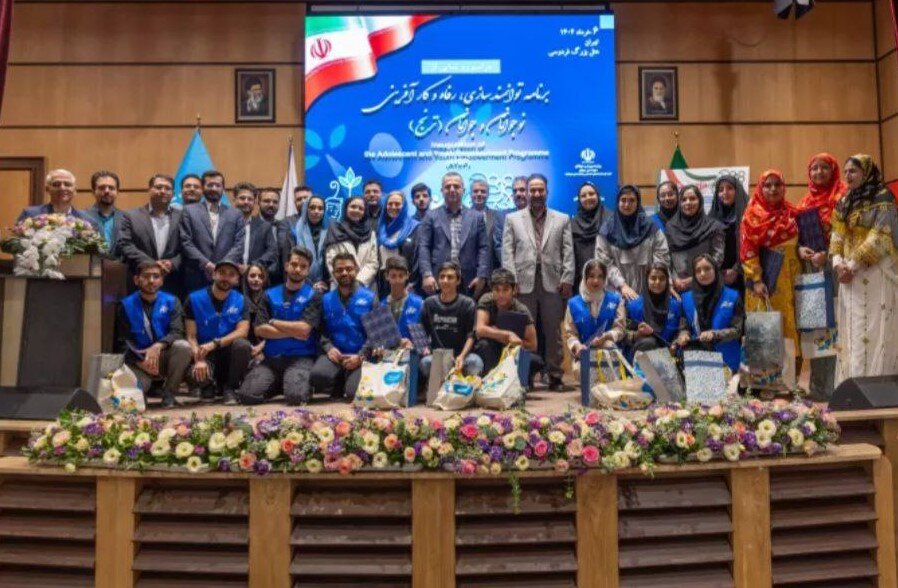
Similar Posts
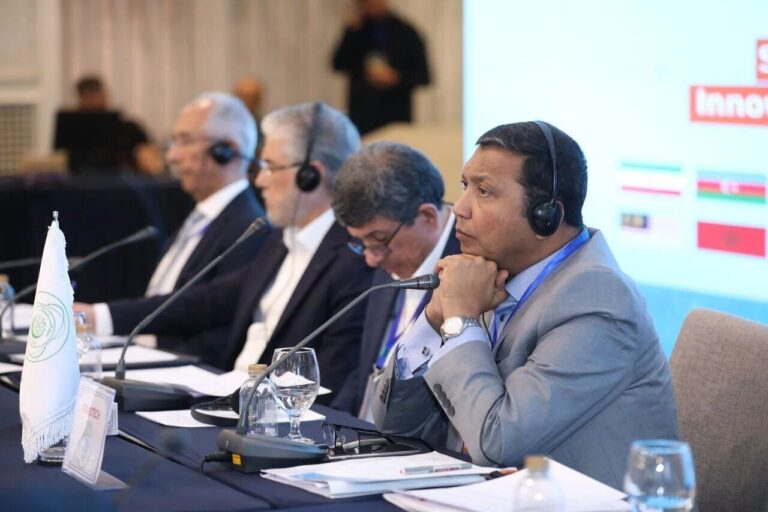
Iran’s Pivotal Role in AI Fueled by Indigenized Technology, Says COMSTECH Official
During the OIC-15 Ministerial Meeting from May 17-19, Muhammad Iqbal Choudhary emphasized Iran’s significant contributions to artificial intelligence (AI) and its reliance on indigenous technology. Despite sanctions, Iran is emerging as a key player in the global AI landscape. The meeting focused on AI’s challenges and opportunities in education, economic development, and regional cooperation, aiming to establish a multilateral AI document among Islamic nations. An exhibition showcasing Iran’s technological achievements highlighted its innovations. The event underscored the need for collaboration within the 57-member Organization of Islamic Cooperation to harness AI’s potential for a brighter future.

Leading Knowledge-Based Companies Set to Showcase Innovations at EXPO MED 2025
Iranian knowledge-based firms will showcase their healthcare solutions at EXPO MED 2025, taking place from April 24 to 26 in Istanbul, Turkey. This pivotal event is expected to attract over 35,000 visitors from 120 countries and will highlight advancements across various medical sectors, including electromedical equipment and wellness solutions. Iranian Health Minister Mohammad-Reza Zafarqandi emphasized the government’s goal of achieving self-sufficiency in medical production, with over 70% of medical equipment used domestically manufactured in Iran. The exhibition aims to strengthen international collaborations and showcase Iran’s capabilities in the healthcare industry, reinforcing its global presence.

New Funding Boost: Special Budget Set Aside for Rare and Challenging Diseases
The Iranian government has allocated 120 billion rials (approximately $144,000) to enhance healthcare access for rare diseases, which affect over 300 million people globally. The Salamat Health Insurance Organization, in partnership with the Ministry of Health, established the Rare Disease Foundation to reduce out-of-pocket costs and promote health equity. Currently, it covers 130 rare diseases, benefiting over 2.5 million patients. The foundation focuses heavily on cancer treatments, which consume about 70% of its budget. Celebrated on May 8, World Thalassemia Day raises awareness of thalassemia, which affects over 19,000 patients in Iran, highlighting the need for comprehensive care.
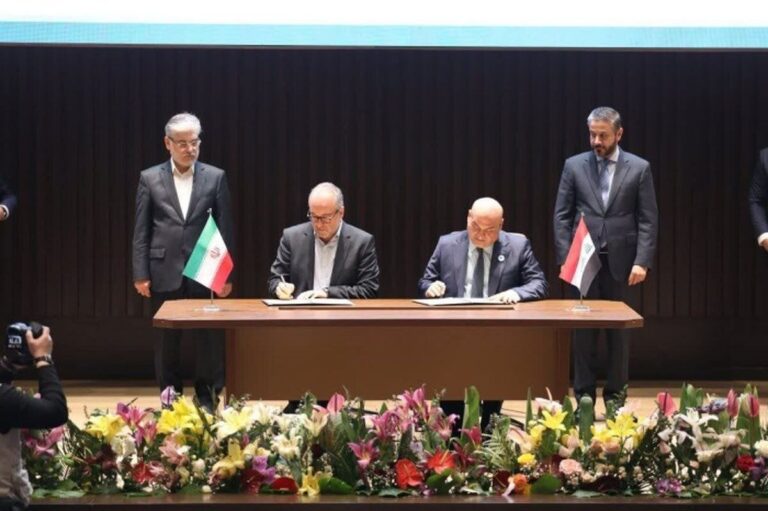
Tehran and Baghdad Forge Strategic Action Plan to Boost Scientific Collaboration
Iran and Iraq have signed an action plan to enhance academic cooperation during the second Iran-Iraq Science Week in Karbala. The agreement includes initiatives such as scholarship opportunities for Iraqi students, joint training courses, and faculty exchanges. Iran will provide 200 scholarships annually to Iraqi students, aiming to improve educational conditions and facilitate mutual learning. Key objectives of the Science Week include fostering scientific relations, showcasing technological advancements, and establishing science technology parks in Iraq. Both nations emphasize the importance of collaboration in addressing shared challenges and enhancing their educational and research capabilities.
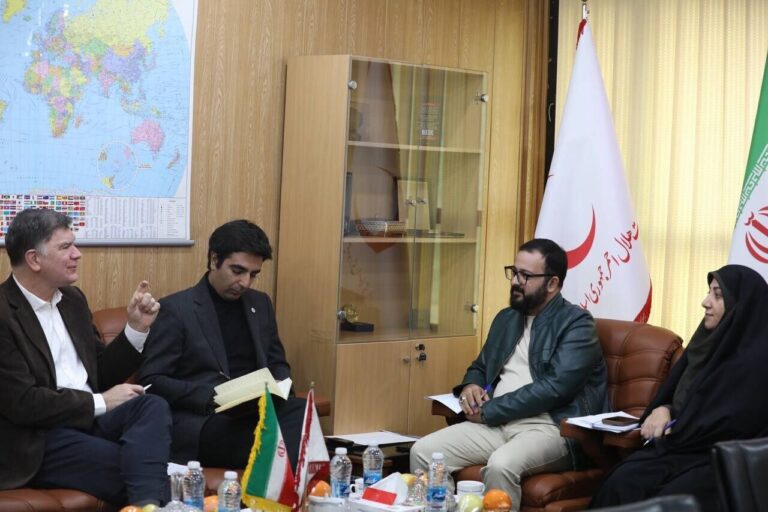
Strengthening Partnerships: ICRC Enhances Collaboration with IRCS in Rehabilitation and Mental Health Initiatives
Vincent Cassard of the ICRC and Razieh Alishvandi of the IRCS recently met in Tehran to discuss enhanced cooperation in humanitarian efforts, particularly in rehabilitation and mental health services. Cassard highlighted the importance of collaboration in addressing the needs of vulnerable populations, including expanding family reunification efforts. Alishvandi emphasized the IRCS’s commitment to strengthening humanitarian initiatives and improving conditions for affected individuals. The two organizations aim to enhance rehabilitation services across Iran, particularly in Sistan-Baluchestan, where the ICRC funds programs for both Iranian and Afghan individuals. This partnership reflects a shared dedication to alleviating suffering in crisis-affected regions.
